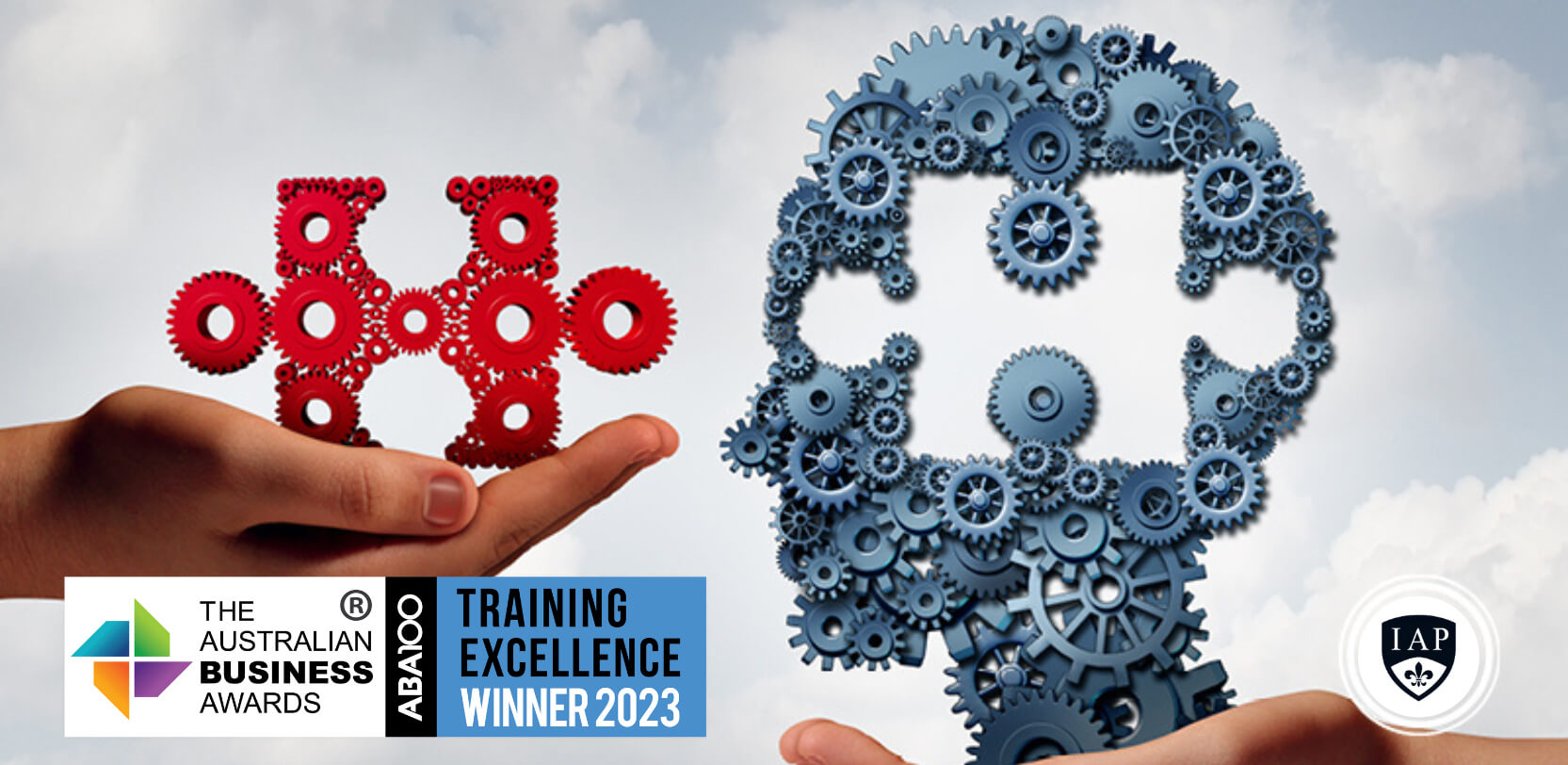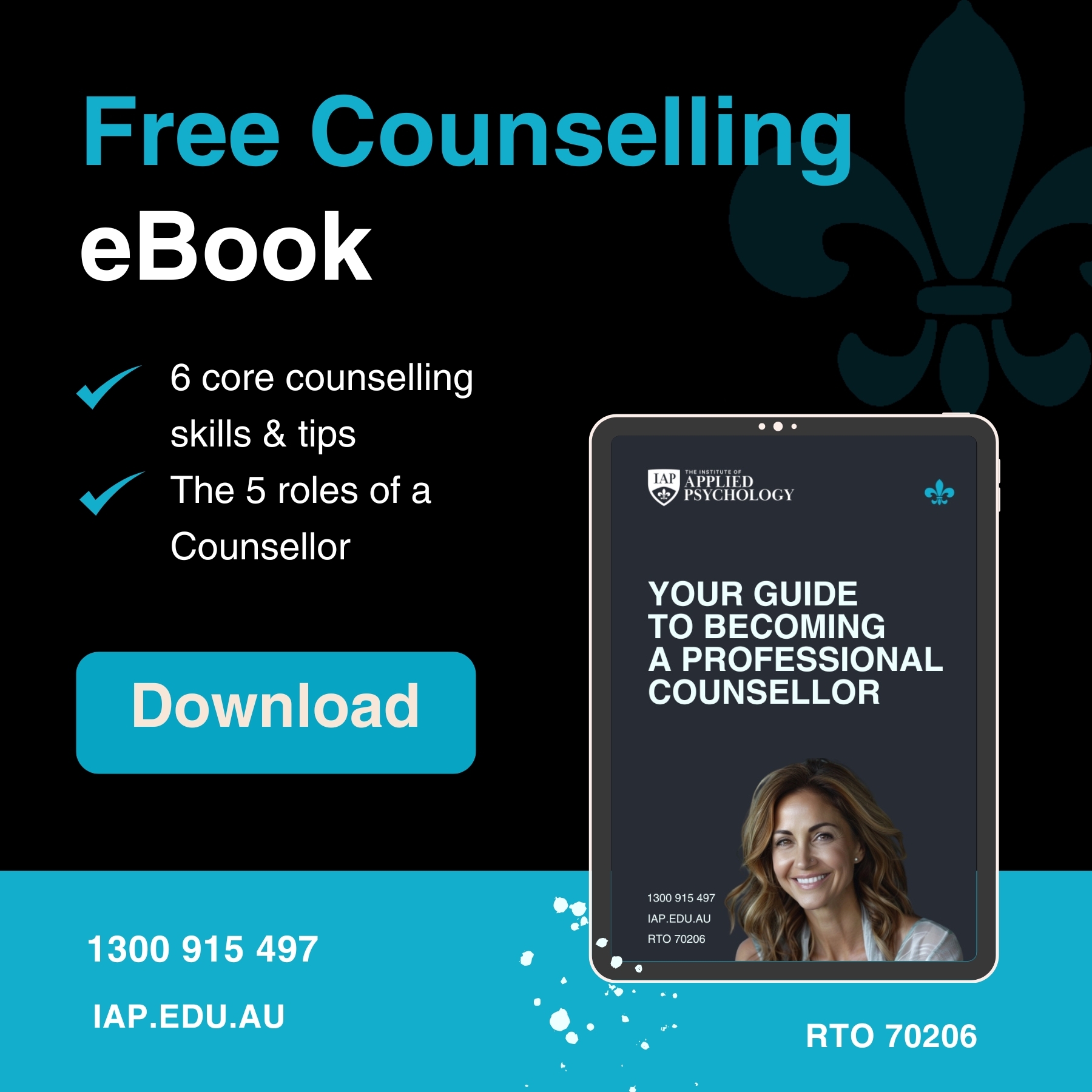How to Identify the Right Course to Achieve Your Career Goals and Aspirations
In today’s rapidly changing world, lifelong learning has become essential. Whether you’re at a pivot point in your career, reconsidering your path due to age or life changes, or simply seeking to upskill, choosing the right course can significantly impact your professional and personal development. However, with the abundance of courses available, selecting the one that aligns with your goals can be challenging. This guide could help you navigate the decision-making process with a 10-point checklist to ensure you choose the right course for your aspirations.
Understanding Your Career Goals and Aspirations
Clarifying your goals before selecting a course is crucial. Are you looking for a career change, a promotion, or to deepen your expertise in a particular field? Your goals will determine whether you need a short certification, a diploma, or higher education.
Common Career Scenarios That May Prompt Further Study:
- Career Pivot – You’re considering switching industries or roles and need new skills to make the transition.
- Upskilling for Career Growth – You want to enhance your skill set to secure a promotion or a better position.
- Reentering the Workforce – After a career break, you need to update your knowledge and qualifications to stay competitive.
- Entrepreneurial Aspirations – You want to start your own business and need business management, marketing, or finance training.
- Age-Related Career Considerations – You’re in your 30s, 40s, 50s, or beyond, reconsidering whether your current path aligns with your values and goals.
The Rise of Mental Health Needs in Australia and the World
Mental health concerns are rising globally, with statistics showing a growing demand for qualified professionals. According to the World Health Organisation (WHO), depression is now one of the leading causes of disability worldwide. In Australia, the Australian Bureau of Statistics (ABS) reports that nearly 44% of Australians will experience a mental health disorder at some point in their lives. The demand for mental health professionals, including counsellors, clinical hypnotherapists and strategic psychotherapists, is rapidly increasing.
When you decide to pursue a career in mental health or enhance your ability to help others, you’ll discover that the right course could be at IAP. Courses such as counselling, clinical hypnosis, strategic psychotherapy, NLP, or mental health studies can provide you with the skills needed to make a meaningful impact in people’s lives and help transform lives.
How to Choose the Right Course: 10-Point Checklist
Selecting the right course requires careful consideration. Here’s a checklist to guide you through the process:
-
Define Your Career Objectives
What do you want to achieve with this course? Are you aiming for a new qualification, skills enhancement, or a complete career shift? Write down your goals clearly to ensure the course aligns with your vision.
-
Research Industry Demand and Future Trends
Ensure that the course you choose aligns with industry trends and future job demands. Look at employment growth rates, emerging skills in your field, and whether the course content reflects these changes. To explore job demand in Australia, consider using the following sites:
- Job Outlook – Provides insights into job trends, future growth predictions, and required skills.
- Labour Market Insights – Offers data on employment trends across industries and regions.
- Seek – One of Australia’s leading job search platforms; you can analyse job demand by browsing job listings and salary insights. Ensure that the course you choose aligns with industry trends and future job demands. Look at employment growth rates, emerging skills in your field, and whether the course content reflects these changes.
-
Check Accreditation and Credibility
Does a reputable institution or training provider offer the course? If you need the qualification for a specific industry, ensure it is accredited and recognised by professional associations or governing bodies.
-
Consider Course Flexibility and Learning Style
Do you prefer online, in-person, or hybrid learning? Consider your lifestyle and commitments when choosing between full-time, part-time, or self-paced study options.
-
Assess the Course Content and Curriculum
Review the syllabus and ensure it covers the skills and knowledge you need. Compare different courses to see which offers the most comprehensive and relevant content.
-
Evaluate Costs and Return on Investment (ROI)
Does the cost of the course align with your budget? Consider the potential return on investment—whether it will lead to higher earnings, better job opportunities, or career satisfaction.
-
Check Entry Requirements and Prerequisites
Ensure that you meet the eligibility criteria for the course. Some courses require prior experience, qualifications, or assessments before enrollment.
-
Look for Testimonials and Reviews
Picture yourself reading a glowing testimonial, hearing past students share their success, and feeling confident about your choice. Seek feedback from past students to understand their experience with the course and its effectiveness in helping them achieve their goals. Look for five-star Google reviews to gauge student satisfaction. For example, check out the Google reviews for IAP, where over 400 students have left five-star ratings for their experience studying and choosing a course. Seek feedback from past students to understand their experience with the course and its effectiveness in helping them achieve their goals.
-
Consider the Networking and Career Support Offered
Does the course provide access to industry professionals, networking events, or career support services? These elements can be invaluable for career growth.
-
Align with Your Personal and Professional Values
Ensure the course aligns with your values, interests, and long-term career aspirations. It may not be the right fit if it doesn’t excite you or feel meaningful.
Top 20 Jobs Not Predicted to Be Replaced by AI in the Next 10-20 Years
As AI continues to evolve, certain jobs remain irreplaceable due to their reliance on human intuition, creativity, empathy, and complex problem-solving. According to the World Economic Forum’s Future of Jobs Report 2023, roles requiring human judgment, creativity, and social interactions are less susceptible to automation. Additionally, McKinsey & Company’s research highlights that while AI will transform many industries, sectors such as healthcare, education, and skilled trades will remain resilient due to the necessity of human-led expertise and problem-solving (World Economic Forum and 9News).
If you’re considering a future-proof career, here are 20 roles that are unlikely to be replaced by AI:
- Healthcare Professionals (Doctors, Nurses, Surgeons)
- Psychologists and Mental Health Counselors
- Social Workers
- Teachers and Educators
- Early Childhood Educators
- Occupational Therapists
- Physical Therapists
- Police Officers and Detectives
- Firefighters
- Electricians and Plumbers
- Construction Workers
- Skilled Tradespeople (Carpenters, Mechanics, Welders)
- Chefs and Culinary Experts
- Human Resource Specialists
- Marketing Strategists and Brand Managers
- Lawyers and Legal Consultants
- Creative Professionals (Artists, Writers, Designers)
- Event Planners and Wedding Coordinators
- Business Consultants and Coaches
- Clergy and Religious Leaders
These careers require deep human interaction, critical thinking, and adaptability, which can help make them resilient to automation.
Making the Final Decision
If you’re seeking additional guidance on selecting the right education for a career change, you may find value in these 13 tips: Education for a Career Change. This resource can help refine your choices and align your education with your career aspirations. Once you’ve reviewed the checklist, narrow your options to the top two or three courses and weigh their pros and cons. Consider speaking to a career coach, industry mentor, or course advisor for further guidance.
You may not have realised yet how choosing the right course could be the key to unlocking your dream career. Whether navigating a career change, seeking professional growth, or reconsidering your path at a certain age, finding the right course can empower you to take the next step confidently. Use this guide and checklist to make a well-informed decision that aligns with your career goals and aspirations.
Are you considering enrolling in a course? Call our Course Advisors at 1300 915 497, and let us help you find the right course to suit your needs.








